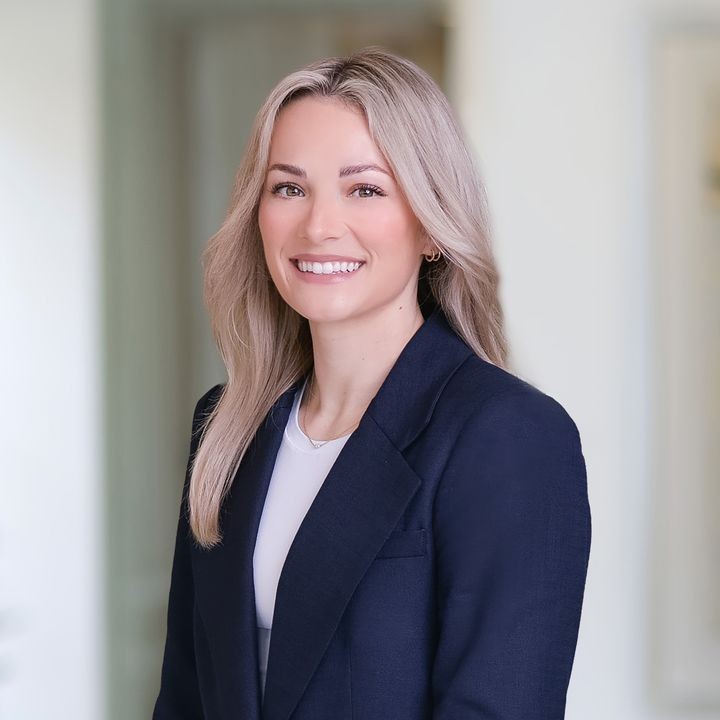Supreme Court Vacates and Remands D.C. Circuit’s Decision in Broadview Solar Case in Light of Chevron Ruling
Client Alert | 1 min read | 07.03.24
In one of the first rulings applying Loper Bright Enterprises v. Raimondo, the Supreme Court on Tuesday vacated and remanded the D.C. Circuit’s decision in Solar Energy Industries Association v. FERC for further consideration.
The case, otherwise known as Broadview Solar, involves the Federal Energy Regulatory Commission’s (“FERC”) interpretation of “qualifying facility” (“QF”) under the Public Utility Regulatory Policies Act of 1978 (“PURPA”). While PURPA permits certain renewable energy generators with a power production capacity of 80 MW or less to qualify for benefits, such as an exemption from certain filing obligations and a requirement that electric utilities must purchase their output in non-RTO regions, the Commission concluded in Broadview Solar that a solar and battery facility with a 160 MW gross capacity was nonetheless a QF under PURPA because the project was physically limited to providing 80 MW of power to the grid at any given time.
The D.C. Circuit affirmed FERC’s order on appeal, but on remand must now review the case without deferring to FERC’s interpretation. It will be important to watch this case closely, particularly for those renewable generators that have relied on or planned to rely on Broadview Solar in qualifying for QF status.
Contacts
Insights
Client Alert | 4 min read | 12.31.25
Raising the Bar: New York Expands Consumer Protection Law with FAIR Business Practices Act
New York Governor Kathy Hochul has signed into law the most significant update to New York’s consumer protection law in 45 years — the Fostering Affordability and Integrity through Reasonable Business Practices Act, or FAIR Business Practices Act — expanding the scope of the state’s authority to now challenge unfair and abusive business practices. The measure, backed by New York Attorney General (“AG”) Letitia James and signed on December 19, 2025, amends New York’s General Business Law § 349, giving regulators new tools to protect consumers and promote fair marketplace practices.
Client Alert | 4 min read | 12.30.25
Client Alert | 6 min read | 12.30.25
Investor Advisory Committee Recommends SEC Disclosure Guidelines for Artificial Intelligence
Client Alert | 2 min read | 12.29.25
FYI – GAO Finds Key Person “Available” Despite Accepting Employment with a Different Company






